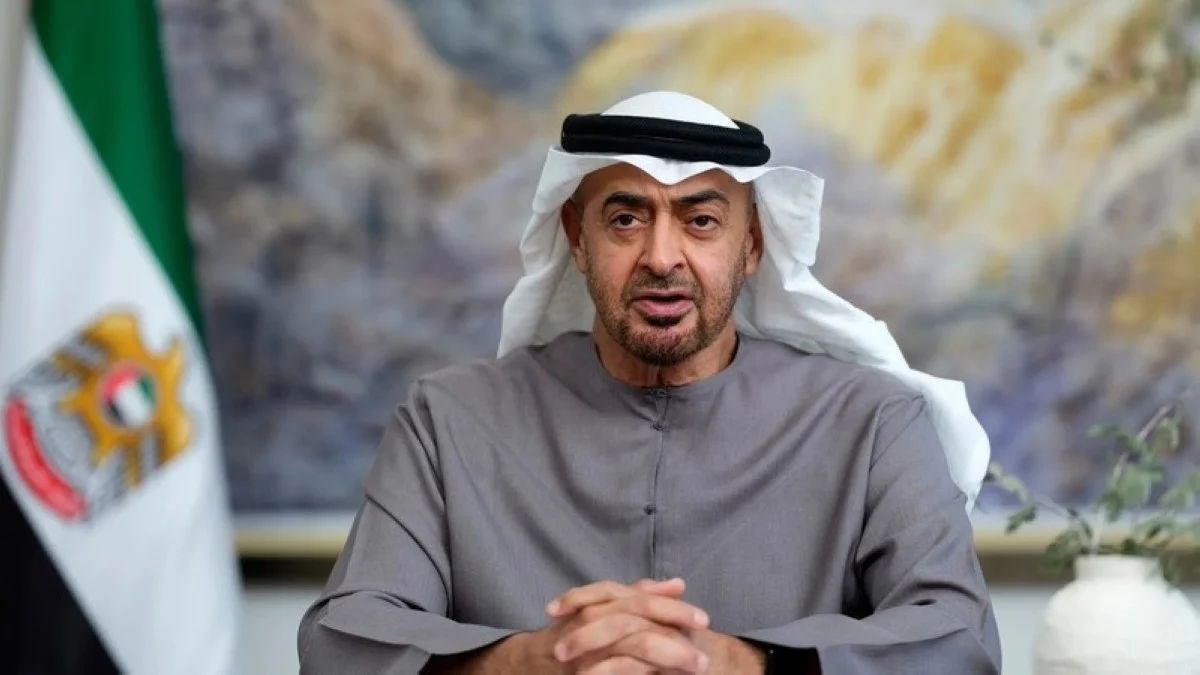03/09/2024
03/09/2024

UAE President Sheikh Mohammed bin Zayed Al Nahyan
DUBAI, UAE, Sept 3: The President of the United Arab Emirates has pardoned 57 Bangladeshi citizens who had been convicted and sentenced to lengthy prison terms for staging a rare protest in the Gulf nation against their home country, according to UAE state media. President Sheikh Mohamed bin Zayed Al Nahyan's decision overturns the sentences of those convicted, and the pardoned individuals will be deported from the UAE, WAM reported on Tuesday.
In July, the Abu Dhabi Federal Court of Appeal sentenced 57 Bangladeshis to a swift trial after they protested against the then-prime minister of Bangladesh, Sheikh Hasina, and her government amid ongoing protests in Bangladesh. Three of the convicted individuals had received life sentences, while 53 others were sentenced to 10 years in prison. Another Bangladeshi, who reportedly entered the UAE illegally and "participated in the riot," was sentenced to 11 years in prison.
The Public Prosecution charged the Bangladeshi nationals with "crimes of gathering in a public place and protesting against their home government with the intent to incite unrest."
Sheikh Mohamed's pardon comes less than a week after UAE state media announced that the president had congratulated Muhammad Yunus on becoming Bangladesh's interim leader, following the ousting of former Prime Minister Hasina amid violent protests.
Bangladeshis represent one of the largest expatriate communities in the UAE, a country with a population of around 10 million, the majority of whom are foreign residents. Emiratis make up about 10% of the population. Many Bangladeshis in the UAE hold low-paid blue-collar jobs and send remittances home to support their families.
The UAE's hereditary rulers allow little room for dissent, with freedom of expression being restricted and political parties and labor unions being outlawed. Protests in the country are rare.


